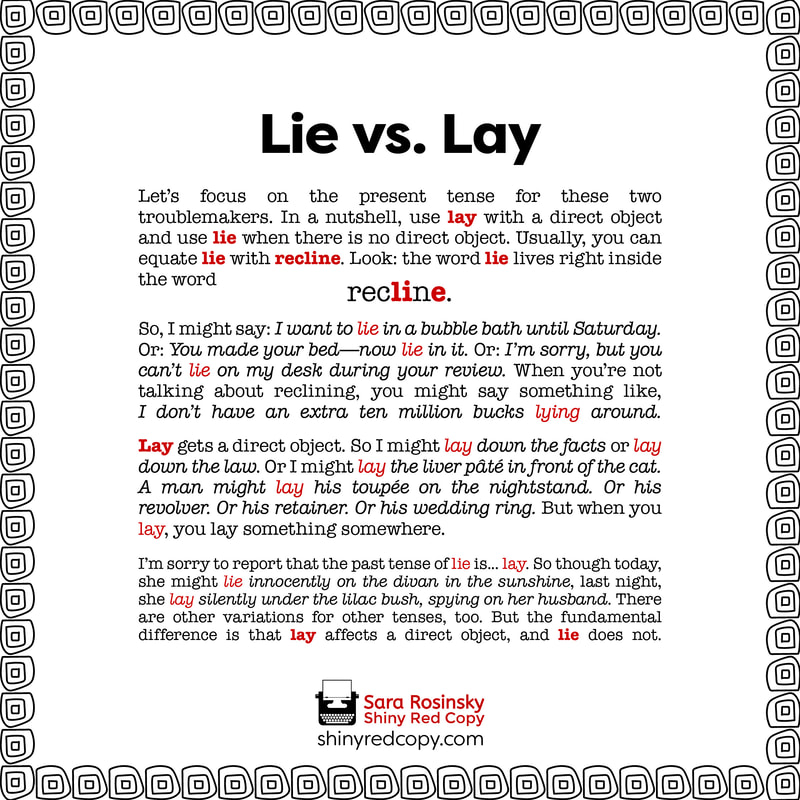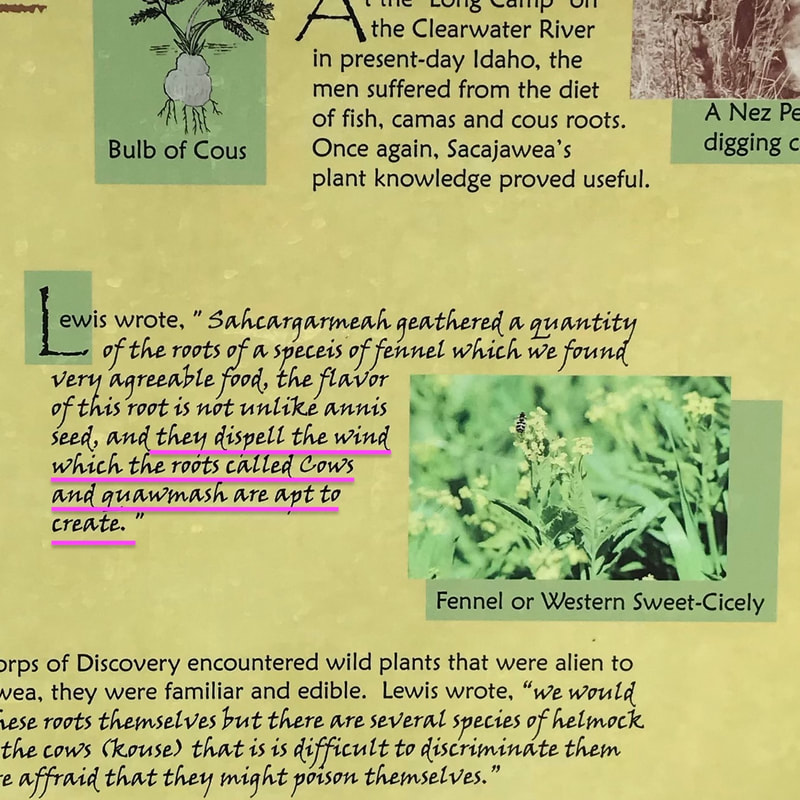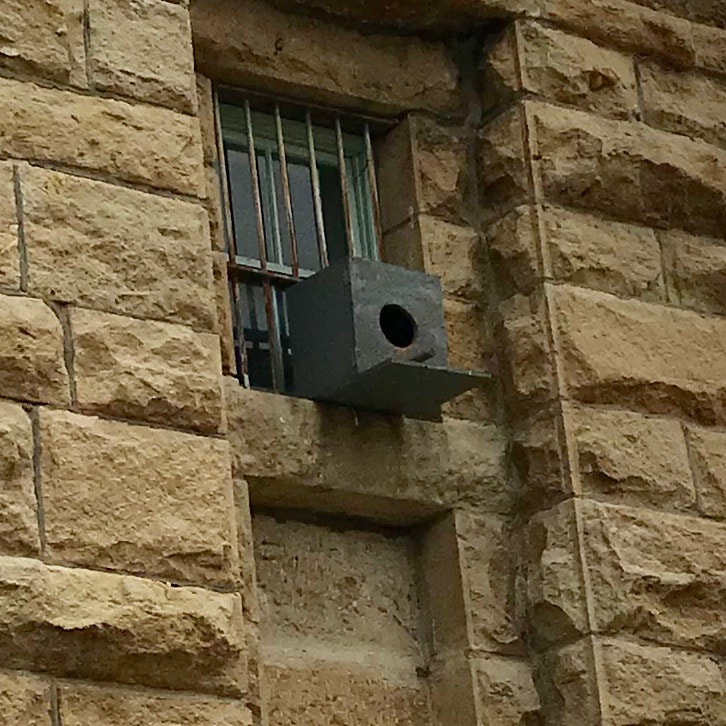Here's what I remember.
I must have been something like six years old. Lisa Perez, who was about my age, had two adorable new puppies with her in front of her house—a black one and a beige one. Were the puppies in a box? Was Lisa holding them? I'm not sure. What I recall is that she claimed to have found them, and she told me in a sort of braggy way, "My mom says if I don't find who they belong to, I get to keep them."
Oh, no. That could not happen.
Lisa Perez shouldn't simply get to keep two tiny, out-of-the-blue, windfall puppies. And her mother probably hadn't actually given her permission, anyway. Lisa was a known teller of falsehoods. She had once pointed at some velvety moss growing on a rock and assured me it was gravity.
So, within a matter of seconds, I took action.
I started running down the street toward my house while calling, "Here, puppies! Here, puppies!"
And they ran after me! Clearly, they sensed who would make a better owner.
I don't know what ensued between the Perez parents and my own, if anything. All I know is that my Great Dog Robbery was successful, and I got to keep that pair of scruffy little curs.
My much older brothers named them Ralph and Floyd. But I often continued to refer to them as simply "puppies."
My career as a criminal was short, but it served me well.



































 RSS Feed
RSS Feed